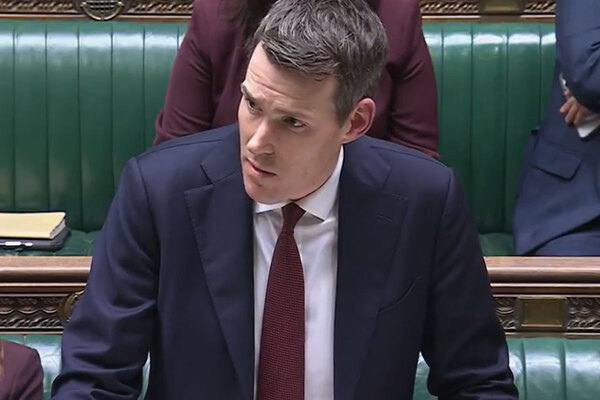You are viewing 1 of your 1 free articles

Social landlords must be stopped from abusing their power over leaseholders
Social landlords hold all the power in their relationship with leaseholders but MPs are finally waking up to the imbalance, writes Sebastian O’Kelly
It happens two or three times a week: the hesitant phone call, the voice sometimes a young professional other times an older person but the problem is the same.
“I am a leaseholder in a council / housing association flat and I have been sent a bill…”
We have heard it so many times that the only suspense is the amount. Is this one £10,000, £20,000, £30,000 or even more?
All are out-of-the-blue Section 20 major works demands. They are equally devastating.
Whether for families who have exercised Right to Buy and have made their first step in property ownership, or young buyers for whom London council leasehold flats are the only affordable property.
These blocks don’t have contingency funds. So families with little money are suddenly faced with demands for the lot.
And the demands are backed up with the full unbalanced powers landlords have in any leasehold dispute.
At last MPs have woken up to this, with the Housing, Communities and Local Government Committee telling social landlords that they need to run reserve funds for their buildings, have a code of practice for dealing with leaseholders, and any major works costing more than £10,000 “should only proceed with the consent of a majority of leaseholders in the building”.
The MPs recognise that the so-called Florrie’s Law of 2014, the capping of major works to £15,000 in London and £10,000 elsewhere, has been worked around as it only applies where central government funds are deployed.
With any luck this will stop the nonsense such as one seeking £50,000 each from 50 local authority leaseholders. Thankfully, the council lost this case as the works were a refurbishment rather than a repair.
Other times leaseholders fight back, it can go horribly wrong. Here are a couple of examples:
Farieda Chandoo, who was the George Osborne’s nanny at one point, fought a £44,000 major works bill from Southwark in 2014 – she could see no improvement to the building at all – lost, appealed and lost again. So now in her mid-60s, she is serving a debt of £110,000 instead.
Michelle Baharier, coincidentally also in Southwark, won her case as a litigant in person against a £24,000 major works bill for a new communal heating system.
But last month Southwark appealed, deploying the most highly regarded – and expensive – QC in the sector. Two lawyers represented Ms Baharier pro bono after Leasehold Knowledge Partnership raised the issue. But Ms Bararier lost, and it is an open question what the toll will be in terms of legal costs.
Such is the unbalanced nature of legal costs in leasehold, our advice is almost always to pay the demand and then to fight the reasonableness of the amount
Unfortunately, both these cases came to us when they were well advanced.
Such is the unbalanced nature of legal costs in leasehold, our advice is almost always to pay the demand and then to fight the reasonableness of the amount.
In this way, leaseholders are not at risk of being in breach of lease.
Only in those circumstances are leaseholders fighting on a level field.
There is a suspicion that some local authorities and housing associations regard their private leaseholders as a cash cow, who can help subsidise the housing budget.
Where some owners of ex-council properties are buy-to-let landlords, this is perhaps an understandable viewpoint.
It is also quite dismaying to see the amount of corruption and incompetence in local authority housing administration
But those who have contacted us have been overwhelmingly owner-occupiers trying to hold on to homes that are seldom of great value.
It is also quite dismaying to see the amount of corruption and incompetence in local authority housing administration, revealed in numerous court cases, inquiries and local media reports.
Long-term maintenance contracts – which stifle efforts at cost control – have been abused on a fairly major scale.
Occasionally, the courts get their man: Exeter City Council’s Anthony Bodgin was jailed for three and a half years after he admitted five counts of conspiracy to commit misconduct in public office for taking £400,000 in bribes. We doubt this was an isolated case.
Sebastian O’Kelly, chief executive, Leasehold Knowledge Partnership











